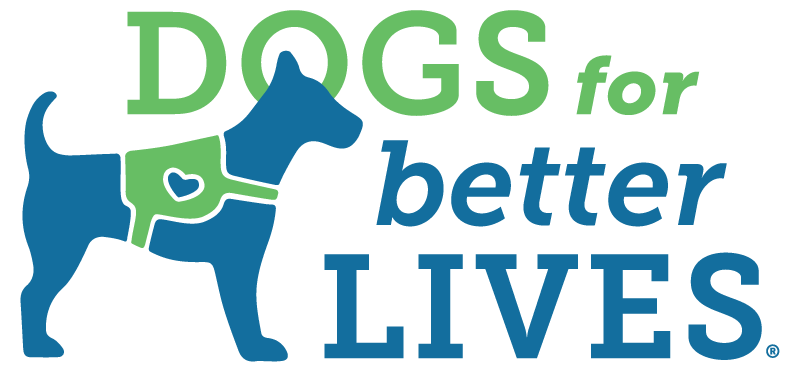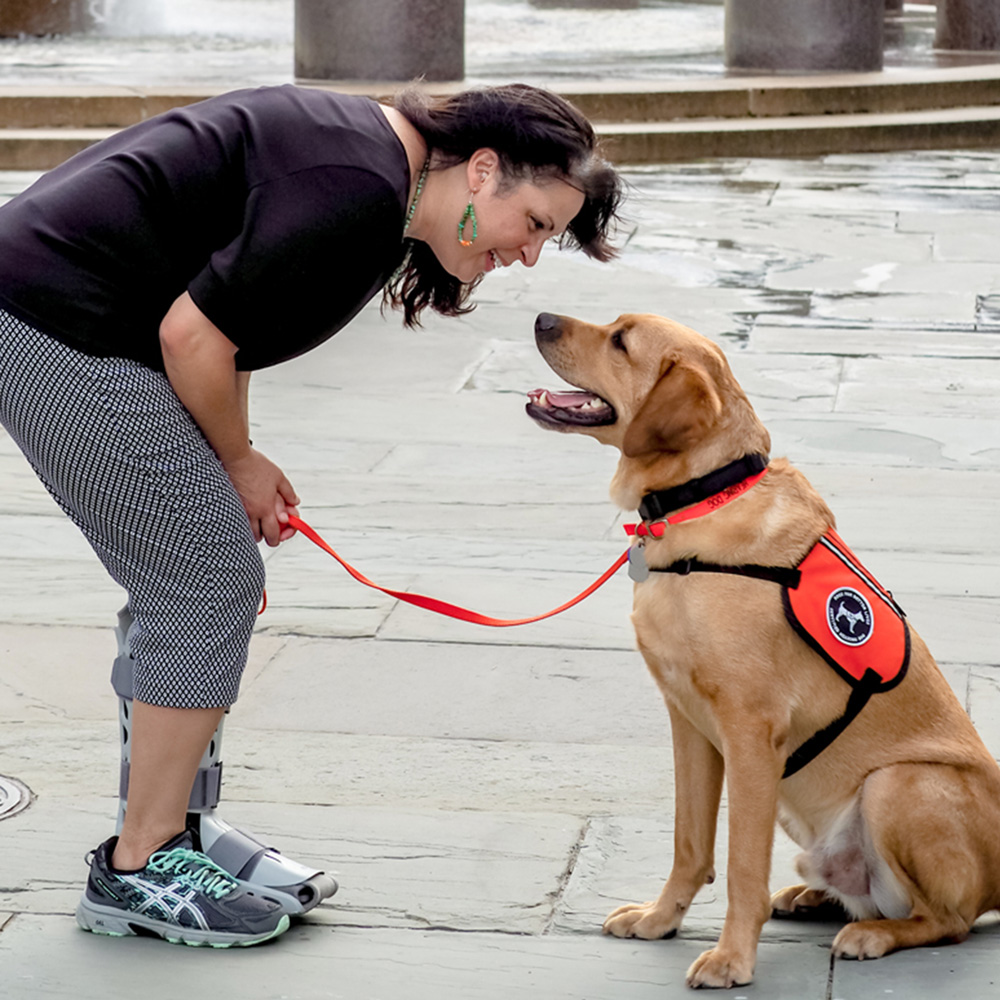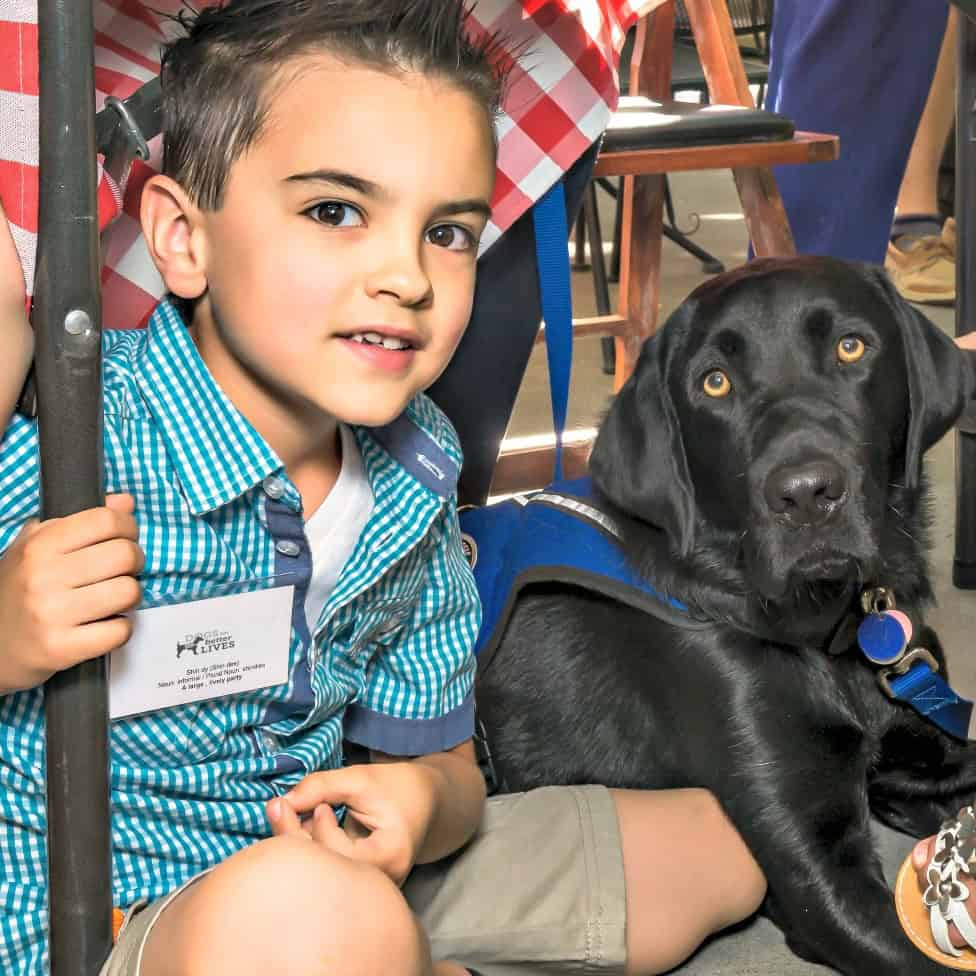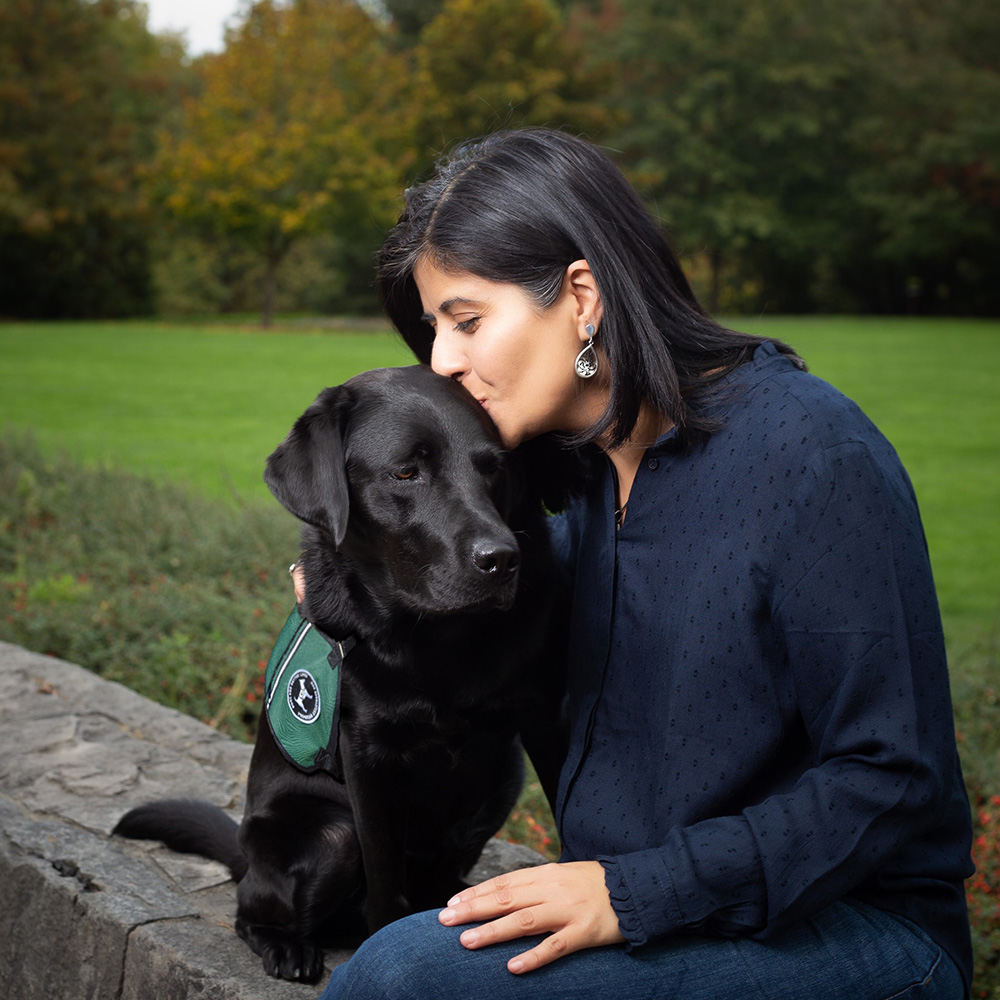Welcome to DBL’s Canine Copilots, where you can change lives, one flight at a time. Fly a future Assistance Dog and play an important part in making independence possible for people with disabilities.
Join us in changing lives, one flight at a time.
Fly a future Assistance Dog through our Canine Copilots program.
How it works:
Approved Flight Partners receive an email when we have a canine (puppies/dogs) that need to fly. If you’re interested, simply reply and we will coordinate with you.
Before the flight, our puppies arrive one hour early to burn off some energy and go potty, preparing for a comfortable and mess-free trip. Puppies will fly in small size-appropriate crates and larger adult dogs may be secured with a harness. We will provide you with a set of guidelines for making each flight safe and comfortable. Most flights go to and from one of our campuses.
Where we’re seeking Flight Partners:
Dogs for Better Lives’ (DBL) greatest need is to transport puppies to/from our campuses in Central Point, OR and Falmouth, MA, and around the country to cities that have a large concentration of volunteers. DBL occasionally needs help transporting adult dogs between regional centers or to/from volunteers.
As DBL’s program continues to grow, we are striving to have our network of pilots who can transport puppies or dogs from hubs around the country expand – providing an opportunity for pilots who are eager to help yet have a shorter-range capability.
Flight Partner requirements:
- Pilots must have a minimum of 175 flight hours as pilot in command.
- Must be able to transport a distance of 400 nautical miles without stopping, though some legs may be shorter. Longer cross-country flights may have up to two refueling stops. This is to minimize the time the puppy or dog spends in travel.
- Pilots must have access to an aircraft, either through ownership or rental
- Aircraft must be able to fit a 200 or 300 size crate for transporting puppies. Crate sizes 27”x20”x19” and 33”x22”x33” respectively.
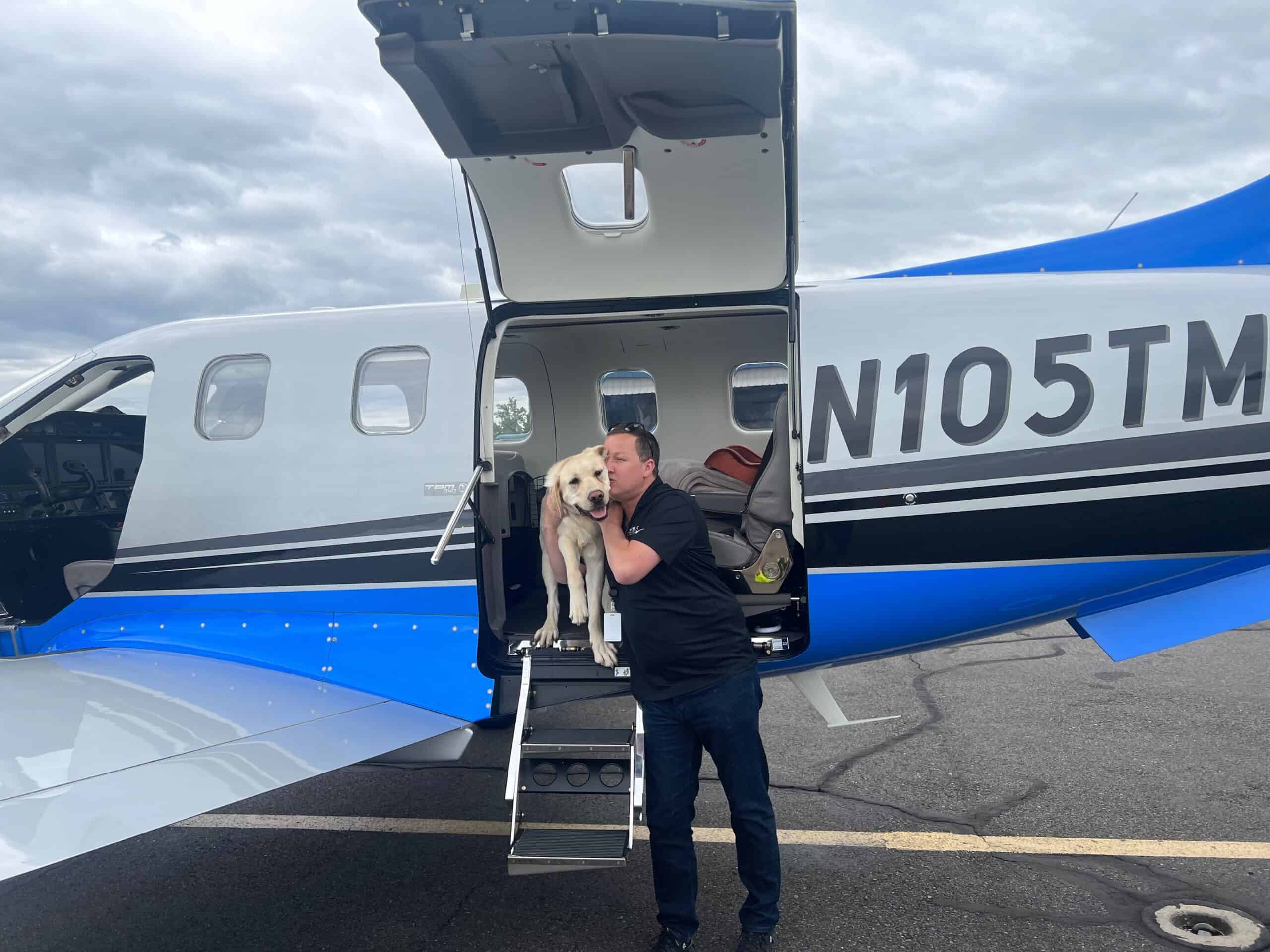
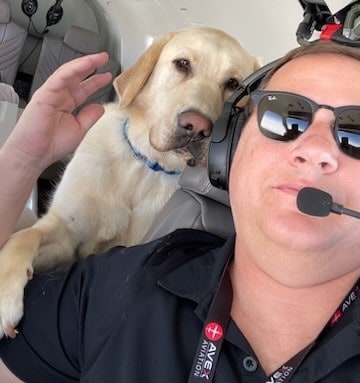
What Flight Partners get:
- As a DBL Canine Copilot, you will receive plenty of puppy kisses and snuggles!
- You may qualify for a tax deduction for the variable operating costs of transport missions flown for DBL. At the end of each year, DBL will provide documentation verifying flights to pilots and companies that request this. Consult your tax professional for advice.
- For corporate aircraft this is a chance to make your carbon footprint more meaningful.
- The great feeling of knowing that you’ve helped a future Assistance Dog on their journey to change someone’s life.
If you're interested in becoming a partner in DBL’s Canine Copilots program, fill out our application today.
Tips for flying with canine passengers:
- Don’t forget to include the weight of the puppies and the crate in your weight and balance calculations.
- Allow dogs to relieve themselves before being placed onboard the aircraft and limit their food and water intake prior to the flight to minimize risk of accidents.
- Dogs might be vocal pre-flight, yet most dogs sleep once the plane is airborne. If dogs are anxious and make noise during the flight, talking in a calming voice can help them relax.
- Be sensitive to how dogs might react to pressure changes during altitude changes and minimize the rate of climbs or descents to reduce discomfort.
- Don’t forget your flight care package. It will have everything you need to make any clean-up and care of the dog a breeze.
